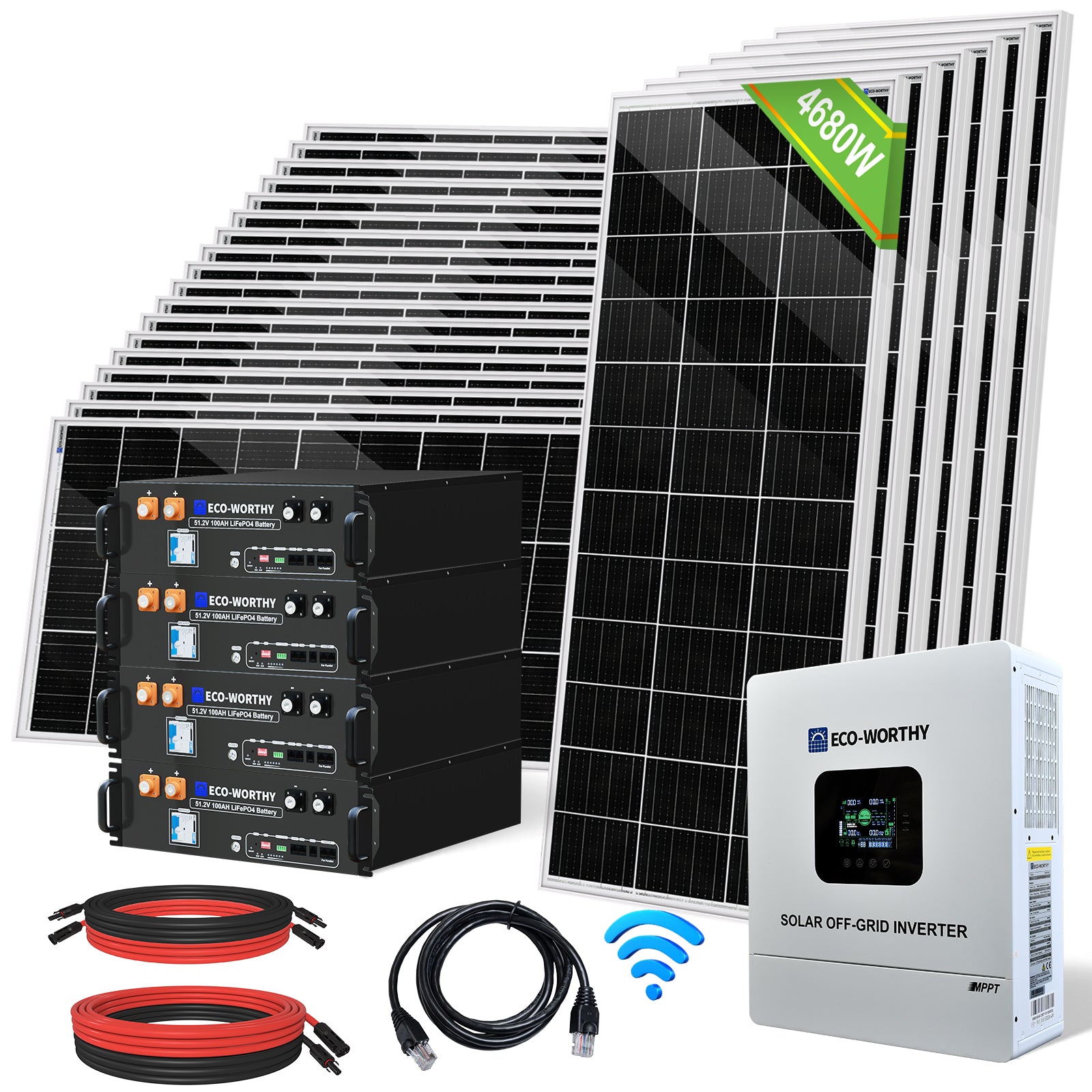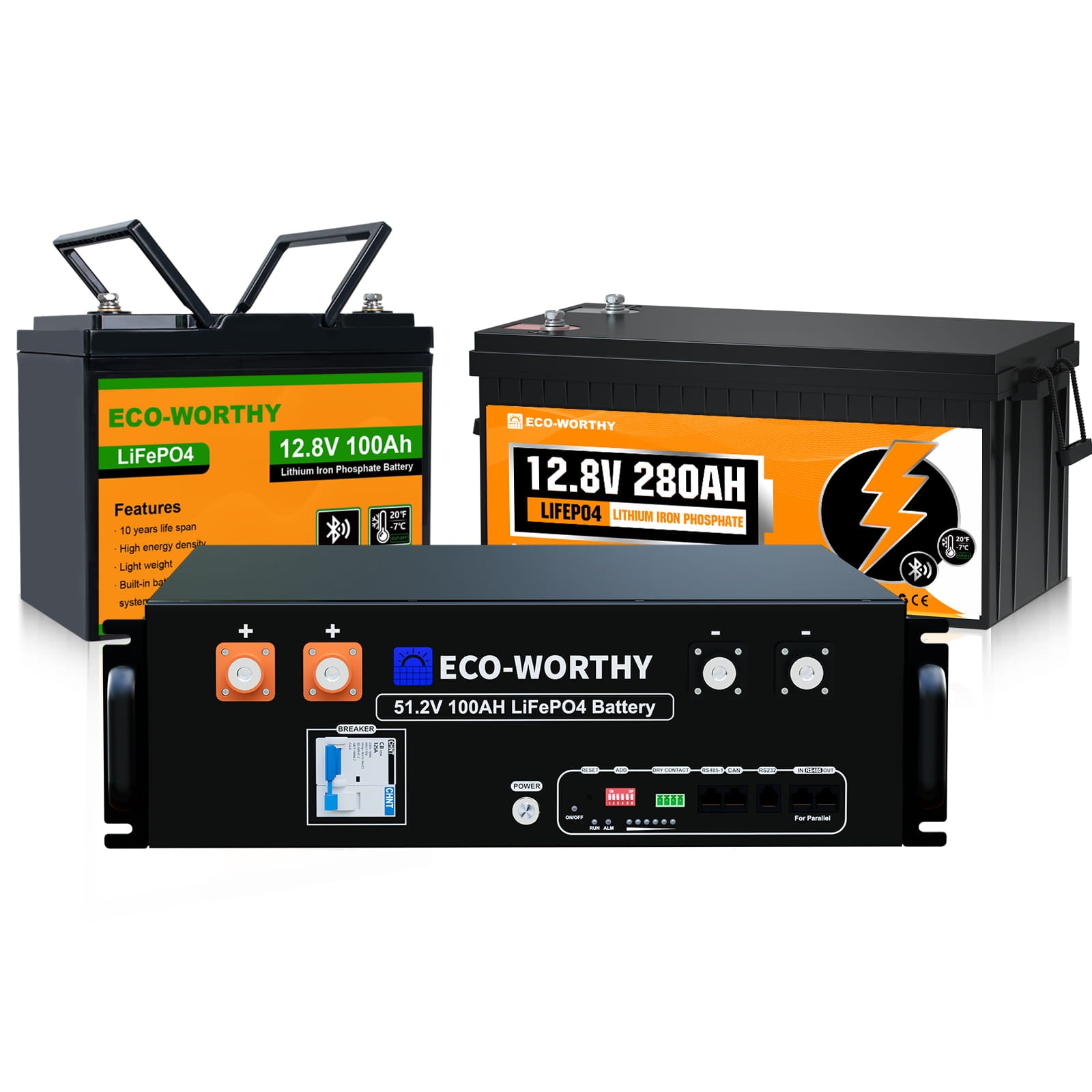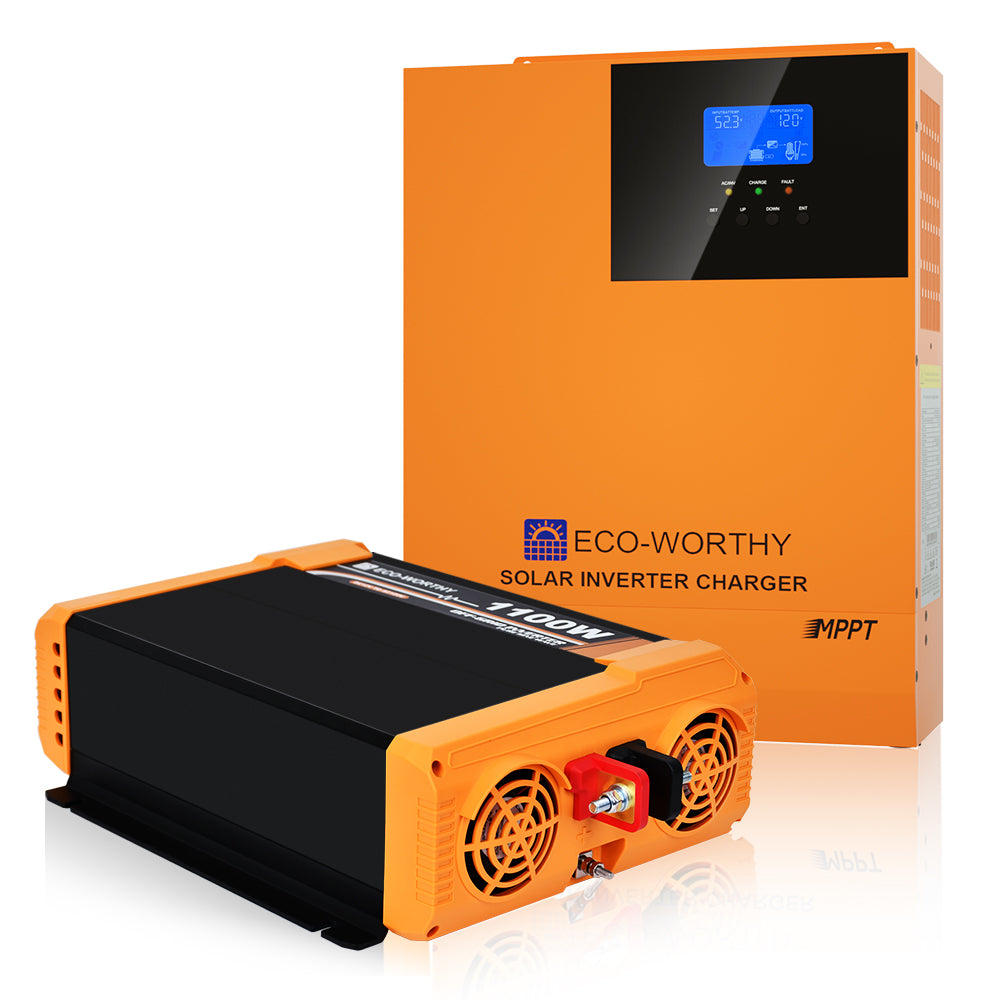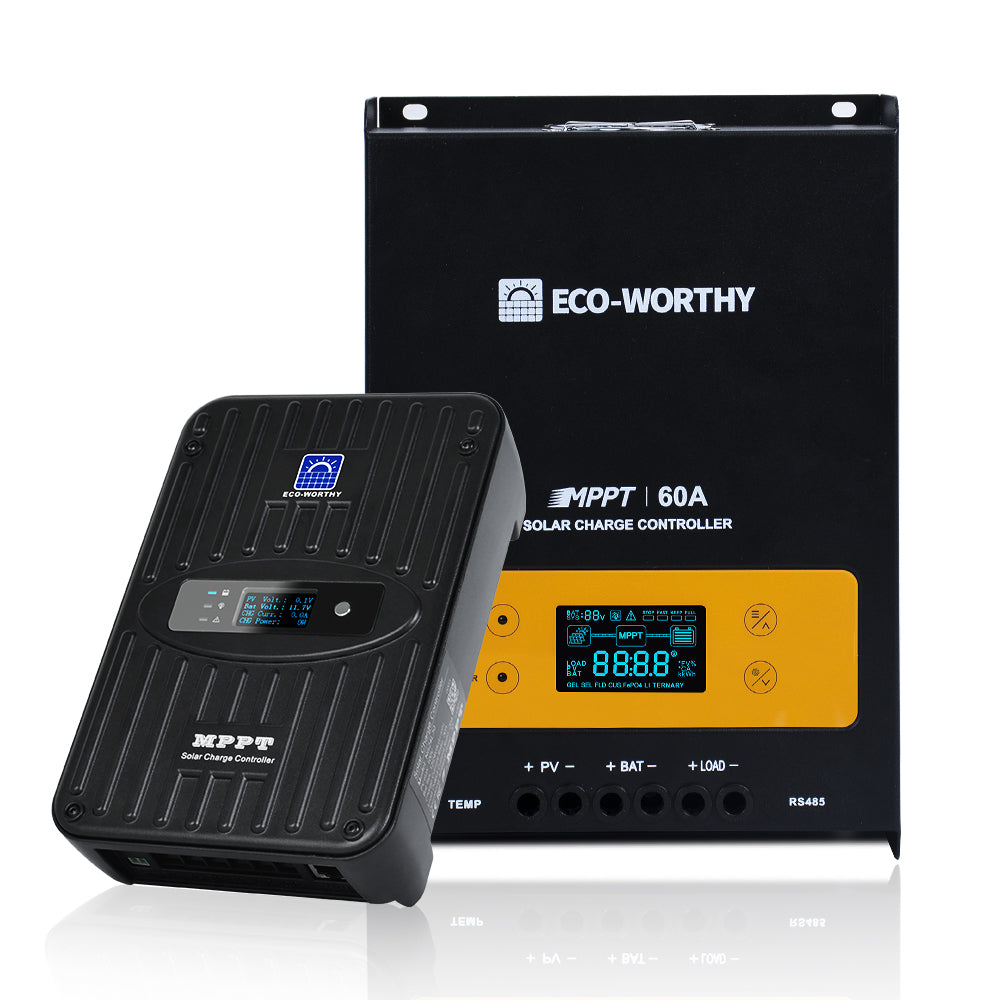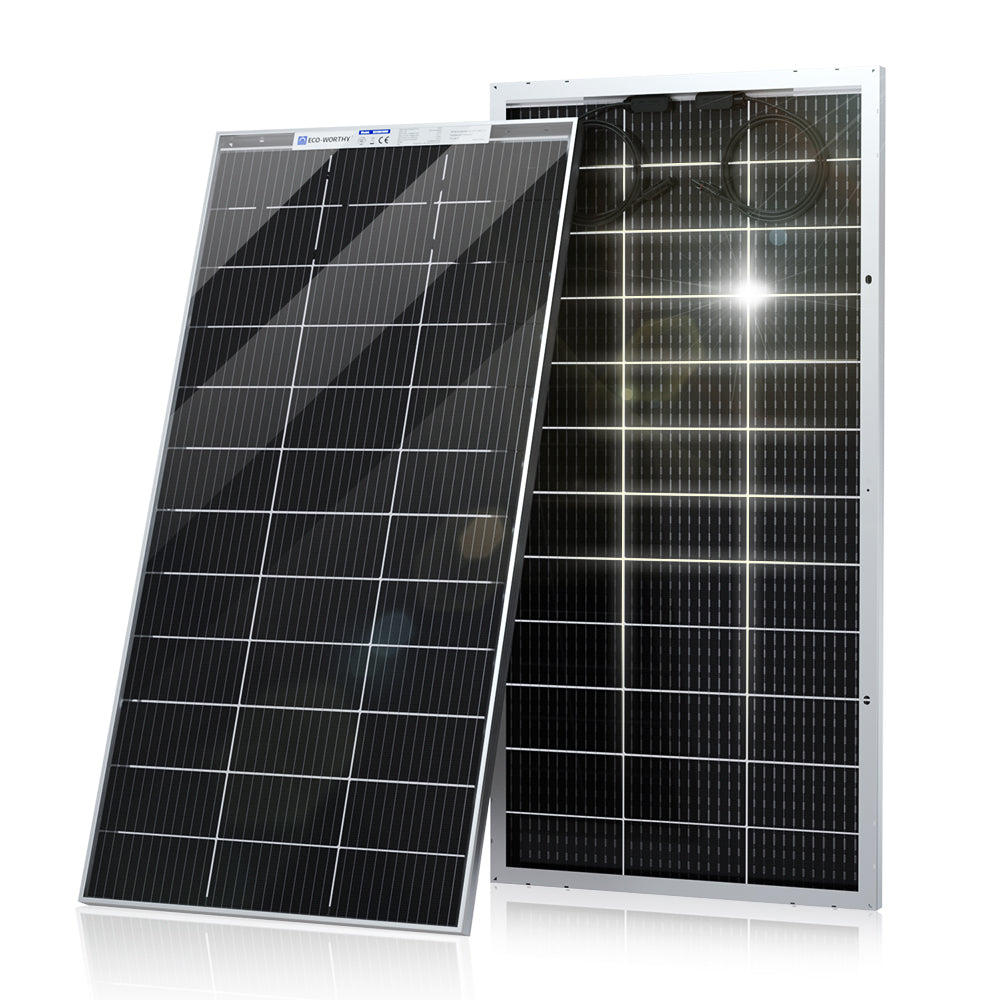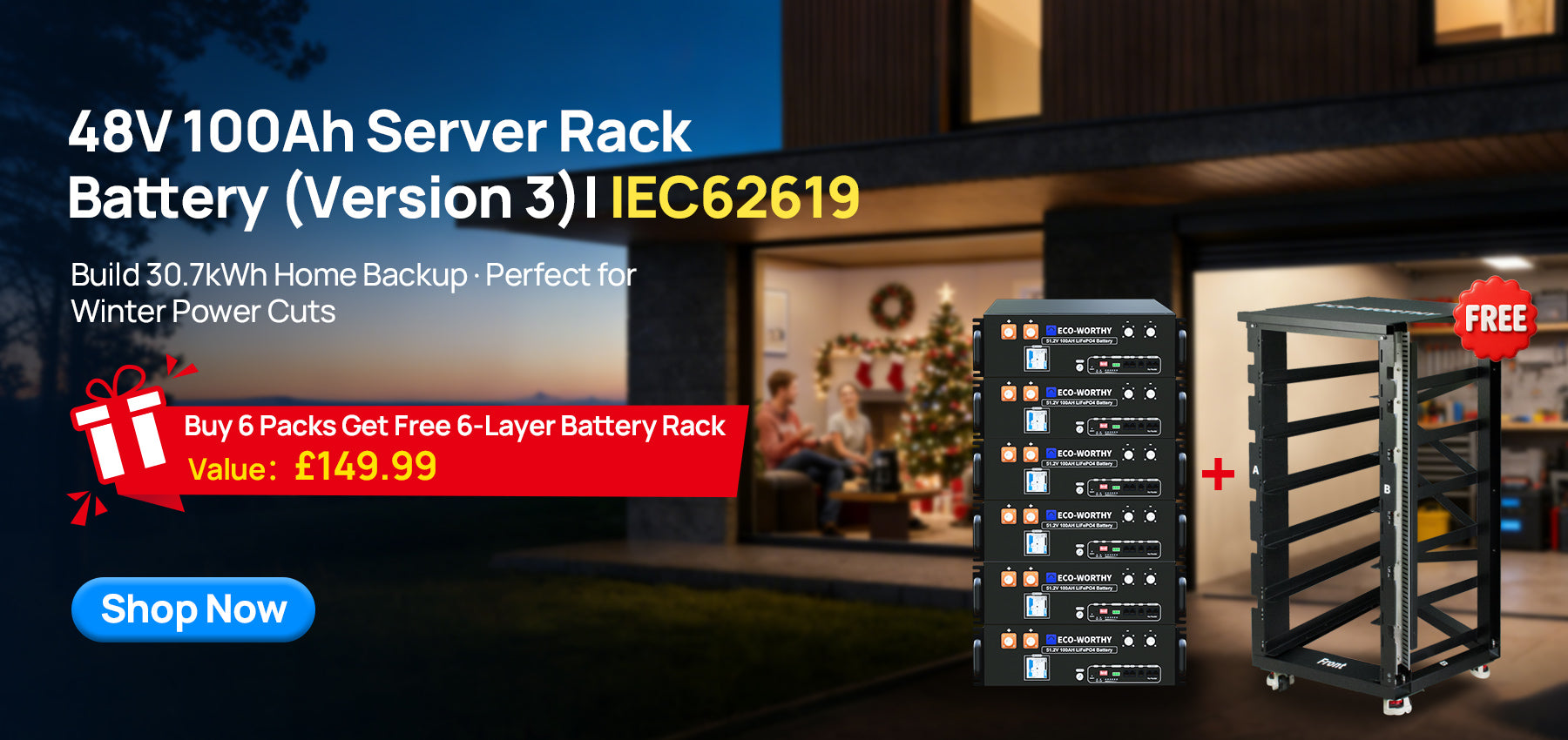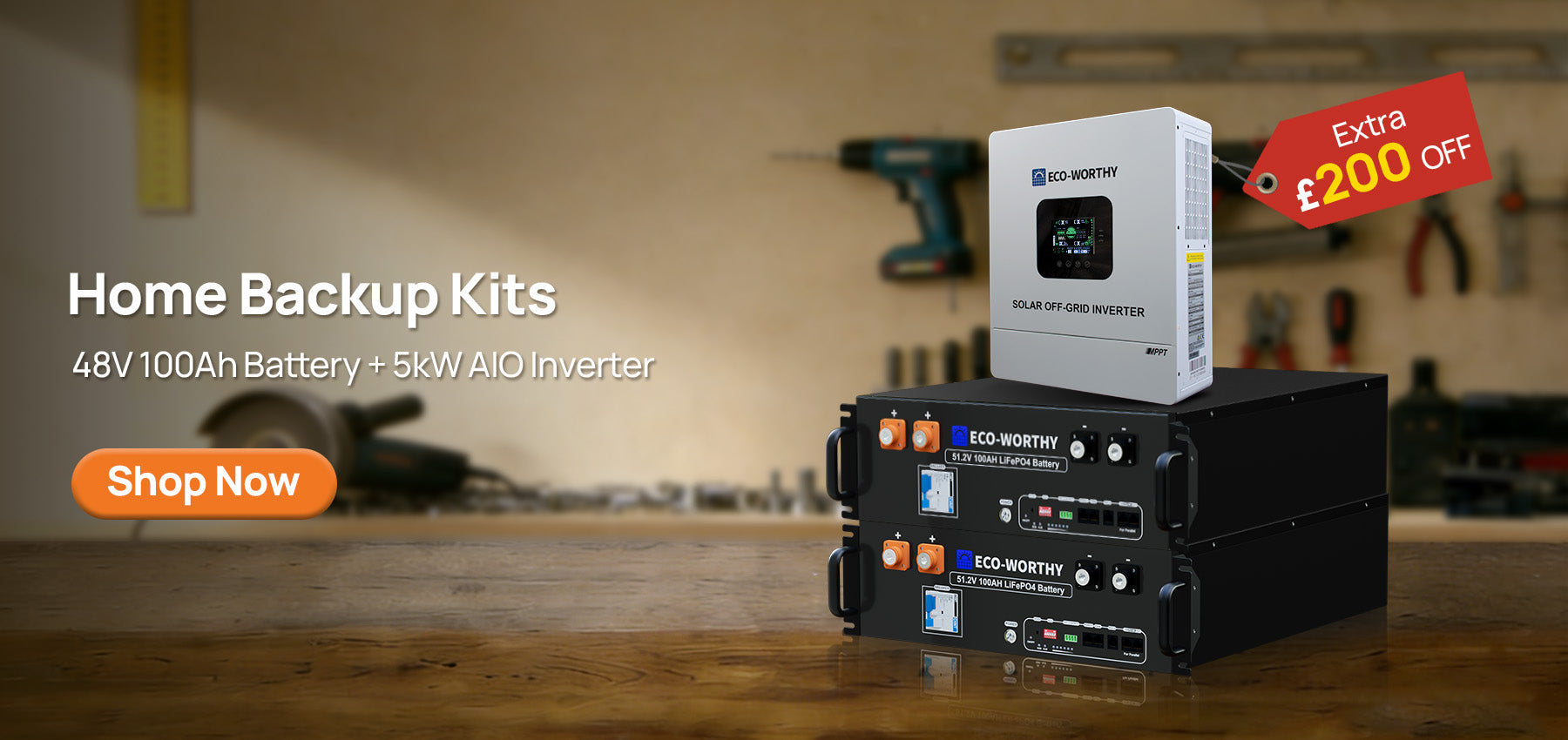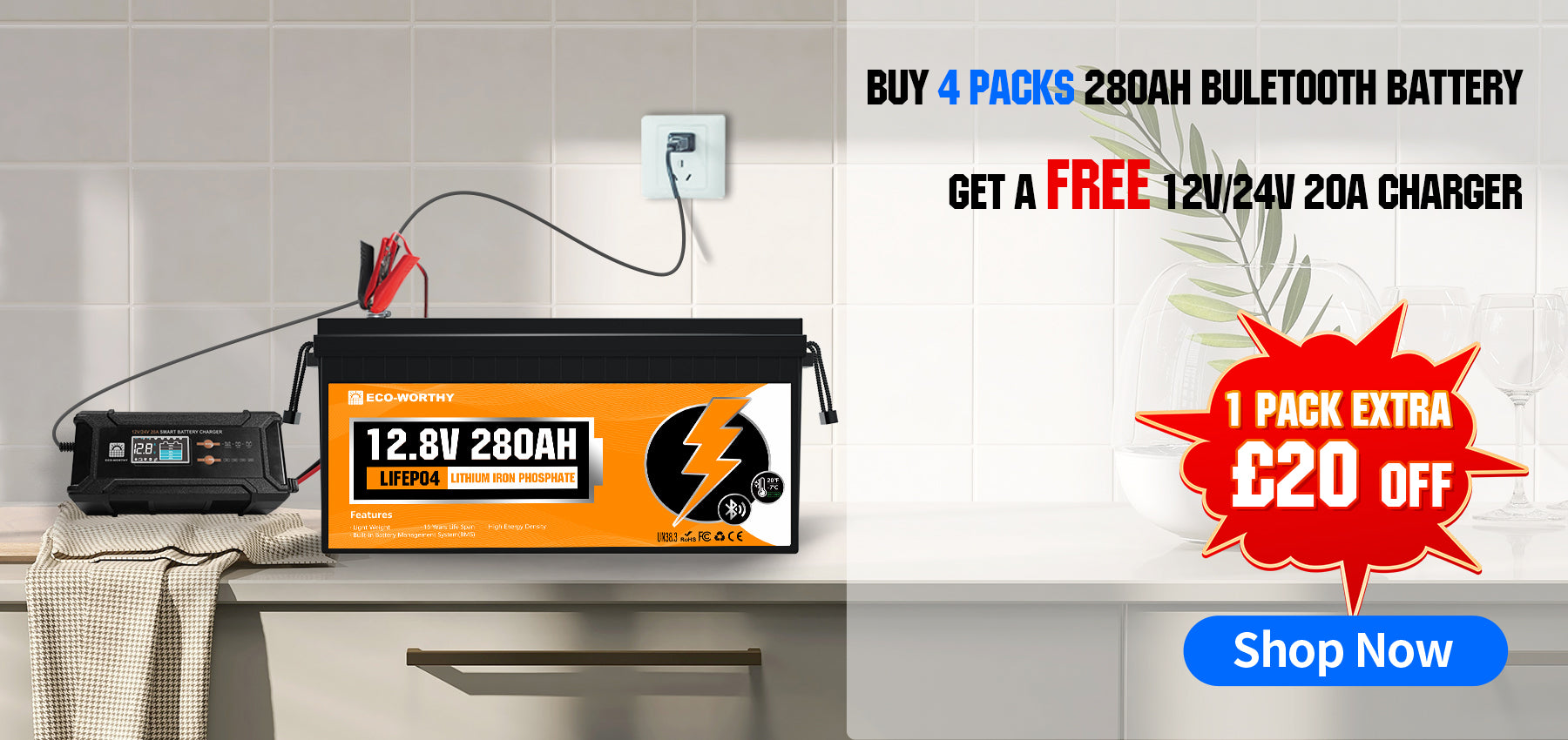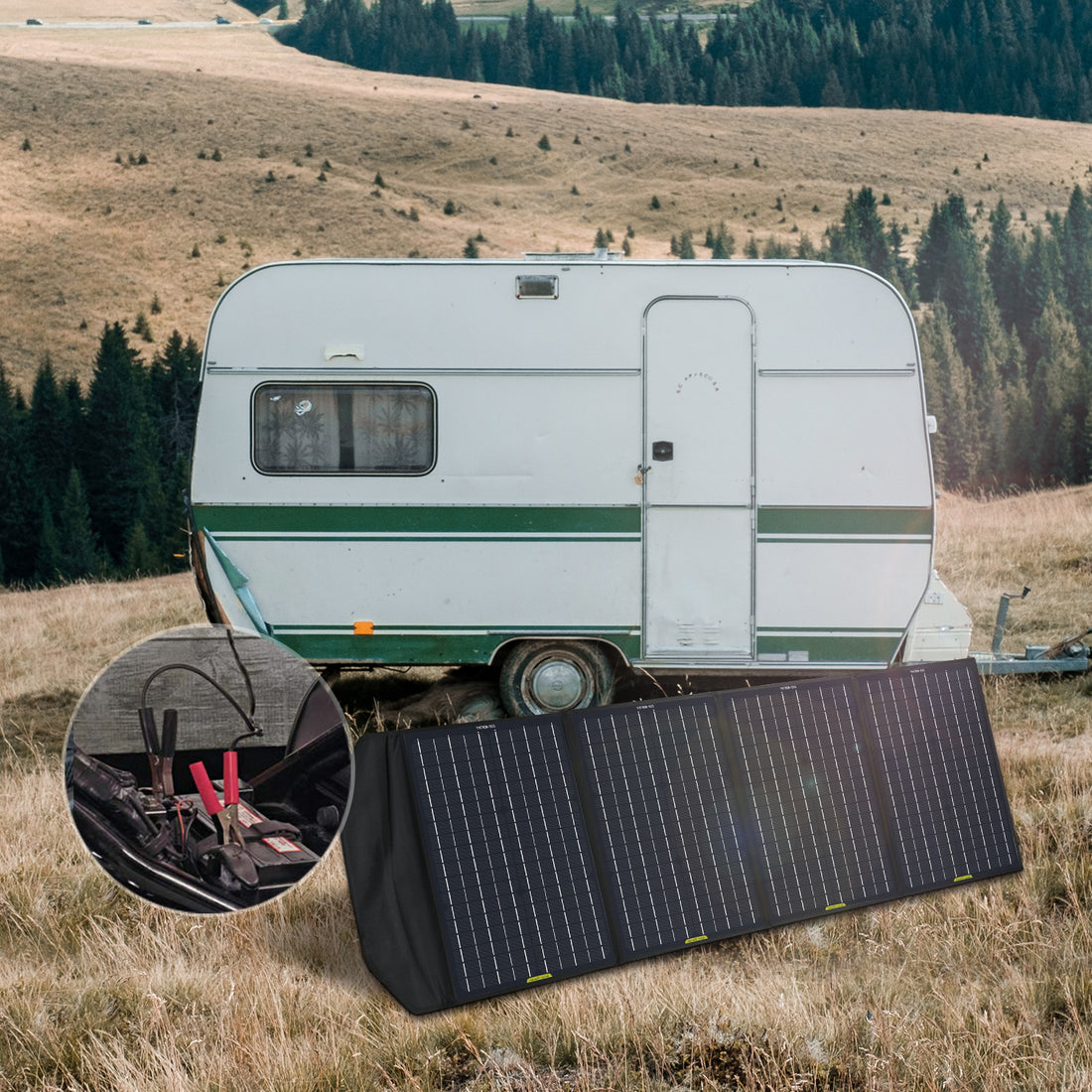The sun's energy, once a distant force, now fits in the palm of your hand. Portable solar panels have revolutionized power generation, offering a flexible, eco-friendly alternative to traditional sources. These compact devices cater to tech enthusiasts, environmentally conscious homeowners, and outdoor adventurers alike. By capturing solar energy on a small scale, they promise some energy independence, a reduced carbon footprint, and potential cost savings. But can these portable powerhouses effectively energize your home? This discussion will examine the capabilities of portable solar panels and their potential to transform energy consumption, both at home and on the go.
How Portable Solar Panels Work
At the core of every portable solar panel lies photovoltaic technology. This innovative process transforms sunlight directly into electricity. Silicon-based photovoltaic cells form the foundation of these panels. When sunlight strikes these cells, it initiates an atomic-level reaction, dislodging electrons and generating an electric current. This phenomenon, known as the photovoltaic effect, is what makes solar energy production possible.
The design of these cells is intricate, with multiple layers working in harmony to capture various light wavelengths. This sophisticated structure ensures optimal energy conversion, even in less-than-ideal lighting conditions.
Capturing solar energy is only the first step. To make this power truly portable and accessible, it must be stored effectively. Deep-cycle batteries play a crucial role in this process. Unlike standard batteries, these are engineered to withstand repeated charging and discharging cycles, making them ideal companions for solar panels.
The partnership between solar panels and deep-cycle batteries creates a self-sustaining power ecosystem. This synergy allows users to access stored solar energy long after sunset, ensuring a consistent power supply for various applications.
Types of Portable Solar Systems
Portable solar systems come in various configurations to suit different needs and environments. Each type offers unique advantages, catering to specific power requirements and grid accessibility.When deciding between connecting to the grid or going independent, it's crucial to consider the pros and cons of each option, as explored in our article "Which Is Better, On-Grid or Off-Grid Solar System?"
1. Off-Grid Systems
Off-grid systems excel in areas where traditional power grids are unavailable. These self-contained units combine solar panels, batteries, and inverters to create a complete power solution. They're perfect for remote cabins, RVs, or disaster relief efforts, offering total energy independence and scalability to meet varying power needs.
2. Grid-Tie Systems
Grid-tie systems offer a complementary approach to energy production. They connect to the existing power grid while harnessing solar energy as a supplementary power source. This configuration reduces reliance on grid power and even allows for selling excess energy back to the grid in some cases. Grid-tie systems provide seamless switching between solar and grid power, offering flexibility and potential cost savings.
3. Hybrid Systems
Hybrid systems combine the advantages of off-grid and grid-tie configurations. These versatile setups provide enhanced reliability and adaptability to changing energy needs. They offer optimal energy management, reduced vulnerability to grid outages, and customizable power prioritization. Hybrid systems are ideal for those seeking maximum flexibility and energy security.
Key Advantages of Portable Solar Panels
Portable solar panels offer three main benefits: environmental friendliness, cost savings, and convenience.
1. Environmental Benefits: Reducing Your Carbon Footprint
Portable solar panels harness clean, renewable energy from the sun, significantly reducing reliance on fossil fuels. This shift to solar power leads to a substantial decrease in carbon emissions. Every kilowatt-hour of electricity generated by your portable solar panel prevents the release of greenhouse gases associated with traditional power sources.
2. Financial Advantages: Saving on Energy Costs
By generating your own electricity, you reduce dependence on grid power, leading to lower monthly bills. Over time, these savings can offset the initial investment in solar equipment. Portable solar panels also require minimal maintenance, further enhancing long-term financial benefits.
3. Convenience Features: Flexibility and Ease of Use
- Unmatched Portability: These compact panels allow for easy transportation and quick setup in various locations.
- Simple Installation: Most models offer plug-and-play functionality, requiring no complex mounting systems or professional installation.
- Quiet Operation: Solar panels operate silently, making them ideal for noise-sensitive environments.
- Versatile Applications: From charging small devices to powering appliances, portable solar panels offer a wide range of uses in various scenarios.
These environmental, financial, and convenience benefits make portable solar panels an attractive option for those seeking sustainable and flexible energy solutions.
Limitations and Practical Considerations of Portable Solar Panels
While portable solar panels offer many benefits, it's important to understand their limitations before making a purchase, especially in the UK climate. Here are the key factors to consider:
1. Weather and Durability Issues
Unlike fixed rooftop panels, portable solar panels often lack robust protective casings. This makes them more susceptible to damage from the UK's frequent rain, wind, and occasional hail. For example, a sudden downpour could potentially damage the electronic components if the panel isn't quickly protected.
Portable panels are significantly affected by the UK's often cloudy and rainy weather. On overcast days, which are common in the UK, power output can drop by 10-25%. Heavy rain, particularly in regions like Scotland and Wales, can reduce efficiency by up to 90%. In winter, when daylight hours are short, production can be severely limited.
2. Power Output Constraints
A typical 100-watt portable solar panel produces about 30-40 amp-hours per day under ideal conditions in the UK summer. However, this can drop significantly in winter or on cloudy days. This output is enough to charge a smartphone multiple times or run a laptop for a few hours, but it's insufficient for energy-intensive appliances.
Solar energy production varies throughout the day and year in the UK. Peak production occurs midday, usually between 11 AM to 3 PM. However, the UK's northern latitude means winter days are short, with as little as 7-8 hours of daylight in December and January, significantly reducing potential energy generation.
If you want to know how much solar energy we need, Check out our other blog: How Much Solar Power Do We Need?
3. Ineligibility for Certain Solar Tax Credits
Many UK government incentives for solar energy don't apply to portable systems. The Smart Export Guarantee (SEG) scheme, which replaced the Feed-in Tariff, typically doesn't cover portable panels. This scheme allows homeowners with fixed solar installations to sell excess energy back to the grid.
Can You Use a Portable Solar Panel at Home?
Yes, you can use portable solar panels at home in the UK. Here are three practical applications:
1. Emergency Backup Power
During power outages, which can happen due to severe weather or grid issues, portable solar panels can be invaluable. You can use them to charge phones for staying connected, power LED lights for visibility, and run small appliances like a mini-fridge to keep food fresh. This setup provides a sense of security and comfort during unexpected blackouts.
2. Powering Garden Structures
Portable solar panels are ideal for providing electricity to detached structures like garden sheds, summer houses, or home offices. You can use them to power lights, charge laptops or tools, and run small appliances without the need for complex wiring from your main house. This can transform these spaces into functional areas for work or hobbies.
3. Supplementing Home Energy
Even when not used for emergencies, portable solar panels can supplement your home's energy use. You can set them up in a sunny spot in your garden or on a balcony to power small devices like phones, tablets, or laptops. This can help reduce your reliance on grid electricity for these everyday items, potentially lowering your energy bills.
Take the First Step Towards Solar Power at Home
Portable solar panels offer a flexible and accessible entry point into renewable energy for UK homeowners. While they have limitations in terms of power output and durability compared to roof-mounted systems, they still provide valuable benefits. These include emergency backup power, energy for garden structures, and supplemental power for small devices. Portable panels are particularly useful for those unable to install permanent systems or looking to test solar energy before a larger investment. As you consider incorporating solar power into your home, weigh the advantages and limitations of portable panels against your energy needs and household circumstances. With careful planning, portable solar panels can be a practical and eco-friendly addition to your home energy setup.

